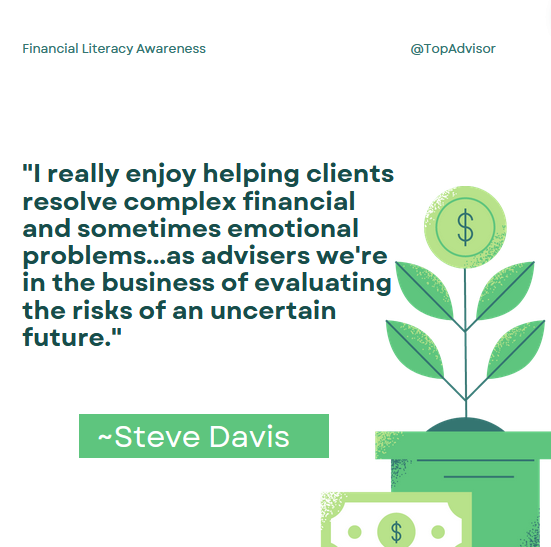The year is 2002, and it is the beginning of a story about the American Dream. Two first-generation American brothers had achieved the pinnacle of success their immigrant parents had always dreamed of. They had worked through college and med school to become Orthopedic Surgeons, were now married with children, and had saved enough to invest for the well-being of their financial futures.
But, skilled as they were as physicians, they knew little about the investment landscape. What types of investments should they consider? Would the stock market prove to be a wise choice or too risky? What about direct ownership of real estate? They had business partners who chose to invest in multifamily housing, explaining that studies 70% of Americans achieved financial independence through owning real estate.
Fast forward to 2022, and the two brothers have amassed quite an impressive portfolio of real estate holdings. They owned two 250-unit apartment complexes, a self-storage facility, and a commercial building valued at $8.5 Million. Now, at this stage of their lives, they want to spend more time with their families and less time at work and managing their investment properties.
The commercial real estate market is favorable, and the brothers decide to sell their properties. Before listing their properties, however, they meet with their long-term accountant to discuss the tax implications of selling. Unfortunately, the brothers quickly learned that the real estate investment portfolio they had worked so hard to build and manage over the years was about to take a significant tax hit upon a sale.
To begin with, the Internal Revenue Service (IRS) would recapture depreciation at 25%. In addition, there would be a 20% tax on capital gains, a 3.8% net investment income tax, and state income tax in NY of 8.28%. After paying off debt and closing costs and combined with these taxes, the two brothers would lose over half the value of their properties, and their plans for early retirement would need to be put on hold.
Their CPA explained their two options were either to sell the properties and pay the taxes or defer the taxes by reinvesting in new properties using a 1031 Exchange and continuing their property management responsibilities. Neither option was appealing.
Fortunately, their commercial real estate broker had learned about a unique 1031 Exchange strategy using a Delaware Statutory Trust (DST) for a replacement property, and mentioned this to the brothers. The 1031 Exchange + DST Strategy would allow them to:
- Sell their assets straight away at the estimated value of $8.5 Million
- Shelter all the taxes via the 1031 Exchange
- Pay no taxes to Uncle Sam
- Reinvest into high-quality institutional properties
- Receive monthly passive income checks
- Happily, give up the hassles of dealing with “tenants, toilets, & trash”
- Fulfill their dreams of retiring early and enjoying the desired time with family
Working with an Experienced Advisor
The DST strategy can only be implemented by a Broker-Dealer or Registered Investment Advisor (RIA). If you are considering selling investment property using a 1031 Exchange and would like to explore your DST options, it’s essential you work with an advisor who has years of relevant experience.
Advantages of working with an RIA:
- Comprehensive due diligence
- Examine cash flows and financing, integrity, track record of the sponsors
- Research market demographics, macro/microeconomics of particular asset class
- Fee-based compensation
- Fiduciary responsibility to guide you with complete transparency
- Advisor fee is considered an expense of the exchange
- Streamline identification & document process between the sponsors & Qualified Intermediary (QI)
If you’d like to learn more about the 1031 Exchange + DST Strategy
Contact Us for a Free Consultation









0 comments